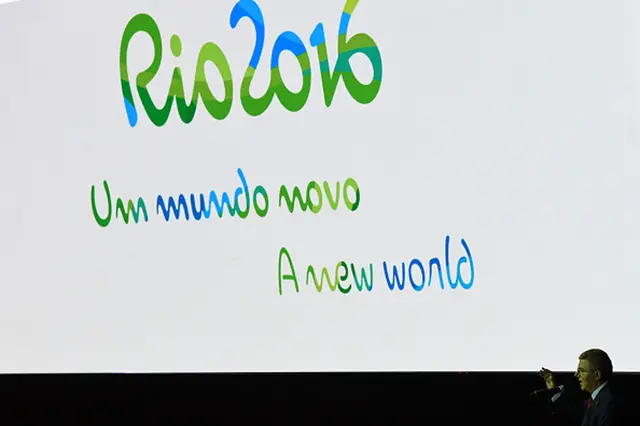On the 7th day of the ongoing Cannes Film Festival, Belgian brother directors expressed their reflection on the current economic crisis in Europe, while a Japanese woman filmmaker explored nature in their movies presented in Competition on Tuesday.
With the screening of Deux jours, une nuit (Two Days, One Night) on Tuesday, Belgian brother directors Jean-Pierre and Luc Dardenne tell a story of the economic crisis in Europe.
In the social drama of young woman Sandra, who is on the verge of losing her job, she is trying to save her position.
With the help of her husband, Sandra has only one weekend, or two days and one night, to visit her colleagues and convince them to give up their bonuses so she can keep her job.
"In the social and economic crisis in which Europe finds itself today, we were thinking of making a film about a person who is going to be made redundant with the consent of most of her colleagues,"the official daily of the festival quoted Luc Dardenne as saying.
Jean-Pierre told reporters at a press conference on Tuesday that "We've tried to show how the solidarity that Sandra experiences."
Luc said: "I think that solidarity is still possible today. In any case that's what the film sets out to show."
This is the fifth time the Dardenne brothers, an important duo in world cinema, work with Fabrizio Rongione, who plays the husband Manu in the movie. Sandra was played by Marion Cotillard.
Talking about the acting skills, Cotillard said: "It took a lot of work to create that sense of truth and that impression of improvisation. Nothing is improvised in fact."
Rongione, who also attended the press conference, said it's important to rehearse in the films.
"With the two brothers, the idea of rehearsal is fundamental -- every scene is rehearsed," Rongione told reporters.
"We do several takes in order to achieve the near-perfect convergence of the actors' bodies and the movement of the camera. Rehearsal is a key word in their filmmaking," said the actor.
Another film, by Japanese female director Naomi Kawase, was also screened here on Tuesday in the competition for the Palme d'Or (Golden Palm), the top prize of the Cannes Film Festival.
In the movie Futatsume no mado (Still The Water), her eighth feature film, Kawase explores the mystique of nature, like her always style.
The film is about a young couple, played by Jun Yoshinaga and Nijiro Murakami, who find a body out at sea and decide to investigate.
"Our soul is complex, vague and unpredictable. In this story I hope to see Man mature upon coming into contact with the god we call Nature," said the director.
The Japanese director likes to explore nature's "divine" influence on the human "cycle of life and death", according to the festival's official daily digest.
"Kawase's ever delicate and poetic mise-en-scene lives and breathes the soft forms of nature and the soundtrack of the natural world," commented the daily.
Highlighting the importance of the film for her, Kawase said it needs complicated skills to finish the movie.
"I think that Still The Water is the most accomplished film I've made, both in terms of the actors' performance and from the technical point of view," said the director.
"The most important thing is that this film has come about," she told reporters during a press conference accompanied by the two leading roles.
Murakami said "The shoot was hard, but it was all worthwhile because today here I am in Cannes."
Kawase is one of the two female directors whose films are selected in Competition in the current 67th edition of the Cannes Film Festival.
The other woman director is Italian filmmaker Alice Rohrwacher, who presented " Le Meraviglie" (The Wonders), a story on a self-sufficient family of beekeepers.
A total of 18 films were selected to compete for the Palme d'Or (Golden Palm), with the jury headed by Jane Campion, New Zealand director, producer and scriptwriter.
The winners will be announced on May 24, one day before the originally planned date due to the European Parliament elections on May 25.
 简体中文
简体中文

